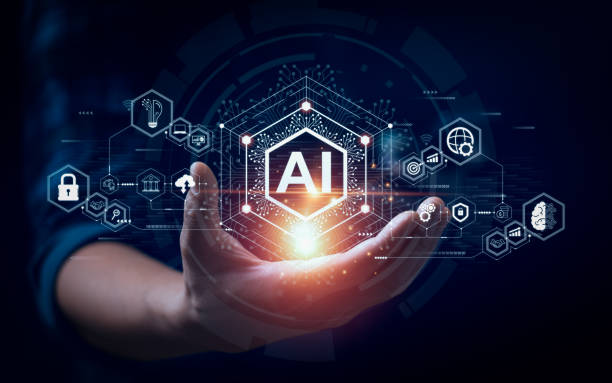The integration of Artificial Intelligence (AI) in software development has ushered in a new era of innovation and efficiency. From its nascent stages to its current advancements, AI has transformed the way software is conceptualized, built, and utilized across industries.
Understanding the Early Foundations
The roots of AI in software development trace back to its conceptualization in the mid-20th century. Initially, AI was limited by computational capabilities and lacked the datasets required for meaningful learning. However, over time, advancements in computing power and data availability laid the groundwork for AI’s evolution.
Emergence of Machine Learning and Neural Networks
One of the pivotal breakthroughs in AI’s evolution was the emergence of machine learning algorithms and neural networks. These systems enabled software to learn from data, recognize patterns, and make predictions, marking a significant leap in software development capabilities.
Evolutionary Stages of AI in Software Development
- Rule-Based Systems: Early AI systems relied on predefined rules and logic to perform tasks, limiting their adaptability.
- Machine Learning Integration: With the integration of machine learning, software gained the ability to improve its performance over time by learning from data.
- Deep Learning and Neural Networks: The advent of deep learning and neural networks empowered software to process complex data and perform tasks with remarkable accuracy, leading to advancements in areas like image and speech recognition.
- AI-Powered Automation: AI has revolutionized software development by automating repetitive tasks, increasing efficiency, and allowing developers to focus on more complex problem-solving.
Impact on Software Development Practices
AI has reshaped software development practices in several ways:
- Faster Development Cycles: AI-driven tools assist in automating coding tasks, accelerating development cycles, and reducing time-to-market.
- Enhanced User Experience: Personalization through AI algorithms has improved user experiences in software applications, tailoring services to individual preferences.
- Improved Quality Assurance: AI-based testing tools identify bugs and vulnerabilities more efficiently, ensuring higher software quality.
- Predictive Analytics: AI’s predictive capabilities aid in forecasting trends and optimizing software performance, enhancing decision-making processes.
Future Prospects and Challenges
The future of AI in software development holds immense promise. Advancements in natural language processing, reinforcement learning, and ethical AI frameworks will further revolutionize software capabilities. However, challenges related to data privacy, ethical concerns, and AI bias require continual attention and regulation.
Conclusion
The integration of AI in software development represents a transformative journey from basic rule-based systems to sophisticated, learning-enabled software. As AI continues to evolve, it will reshape industries, improve efficiencies, and drive innovation in ways we’ve yet to fully comprehend.


